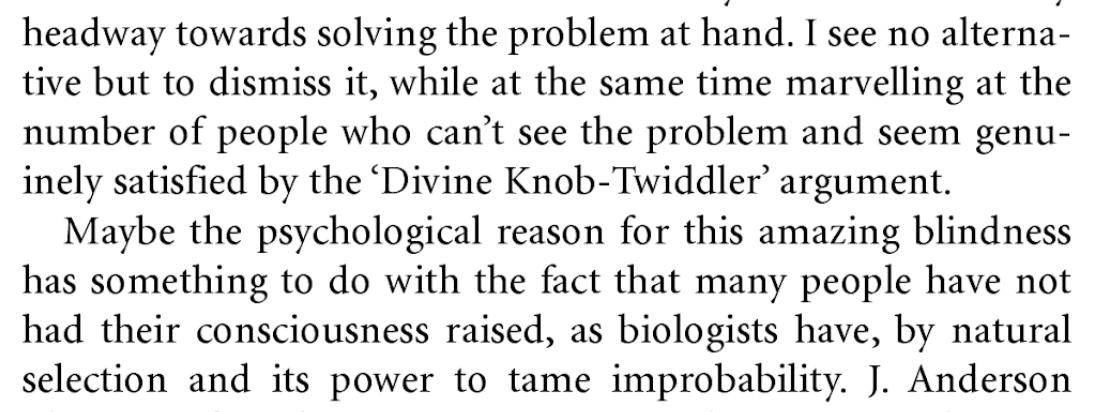The word "theory" confuses a lot of people, because it's used in a multitude of ways.* Most commonly, it's used to express an untested, unverified idea someone's come up with to explain something he's observed.
It was about a century ago that Einstein's theory replaced Newton's longstanding theory of gravity...
* Let us return briefly to the word "theory"...






















